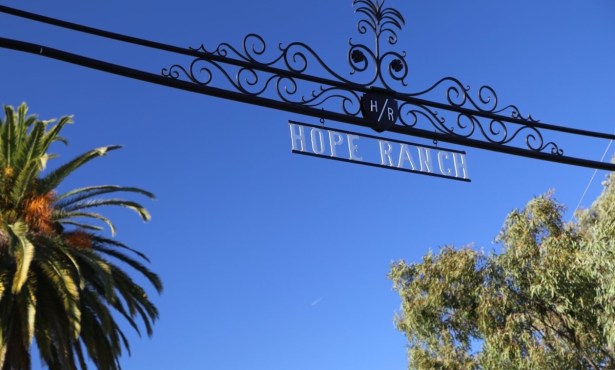Invasion of the Internet-Killing Bots
Fear of Flagging
As of this Monday, February 25, Internet service providers across the United States have begun to implement a six-strikes law to clamp down on “illegal” file sharing. This move, which comes on the heels of a hotly contested legislative battle over greater Internet restrictions, marks the end of network neutrality on behalf of the corporations that we rely on for service on a day-to-day basis.
Starting in 2011, the automated Copyright Alert System (CAS) was created to monitor peer-to-peer file-sharing systems for illegal content sharing and has lately teamed up with five major telecommunications providers to levy penalties against consumers flagged by the system. No longer will you be guaranteed unrestricted and unmonitored service from major service providers. This dangerous precedent is being set as we speak.

Okay, now you may be saying that I am sensationalizing this issue or it may not apply to you, since you don’t engage in illegal file sharing. To be fair, it is not even a law in the common sense — no legislation has been passed, and you won’t go to jail if you’re caught sharing the latest Miley Cyrus album. What it does mean, however, is that a group of corporations that control almost all the data that flows in the United States has come to a private arrangement with the content industry to systematically monitor and restrict access to certain data.
Details are still quite sparse regarding what penalties service providers may levy. It is reported that at least one service provider will reduce your Internet connection speed to a crawl or even suspend your service after repeated violations.
So who has agreed to work with the Copyright Alert System? It appears that if you use Comcast, Time Warner, Verizon, AT&T, or Cablevision, there is a good chance the CAS will be feeding information to them and in turn will likely act on it. One could guess that putting an automated system in charge of policing the Internet is a bad idea, that this is the beginning of a massive headache for consumers and the ISPs (Internet service providers) involved.
There are a few interesting examples of how bad robots are at policing humans. In one instance, the Hugo Awards, one of science fiction’s most acclaimed awards ceremonies, was being broadcast over the Internet at Ustream when it was repeatedly shut down by a copyright enforcement bot that flagged it for showing clips of Doctor Who before Neil Gaiman (Doctor Who‘s script writer) accepted his award. After repeated attempts to get the stream back online, it was announced that the stream wouldn’t be available thanks to the copyright troll-bot. Meanwhile, thousands of YouTube videos or their soundtracks have been removed due to “improper” use of copyrighted music.
Currently, the Electronic Frontier Foundation is providing assistance in the Lenz vs. Universal case, wherein Stephanie Lenz’s 29-second video of her children bouncing up and down to Prince’s “Lets Go Crazy” was promptly removed after Universal issued a DMCA take-down notice to YouTube. Fair use, which is argued, is a gray area of copyright law that in most cases must be pondered — something that robots are particularly bad at. The slick new website of the Copyright Alert System asserts that “Whenever you create something like a poem, a story, or a song, you own it — and no one else can use it without your permission.” It doesn’t sound like the system is considering fair use much at all.
I feel like an epic battle is playing out before our eyes. The vanguard of content distribution is being assaulted at all costs by the outmoded business model of big content.
Services such as Hulu, Netflix, Pandora, and Spotify provide users a valuable service, and charge for it. While big content is warming up to those commercial services, the peer-to-peer content distribution networks are also bearing fruit — they just haven’t been creative enough to really capitalize on it yet. It’s a brave new world out there, and big content certainly needs to adapt to survive, but the Copyright Alert System is likely to be one of last gasps of this industry as we understand it today.



